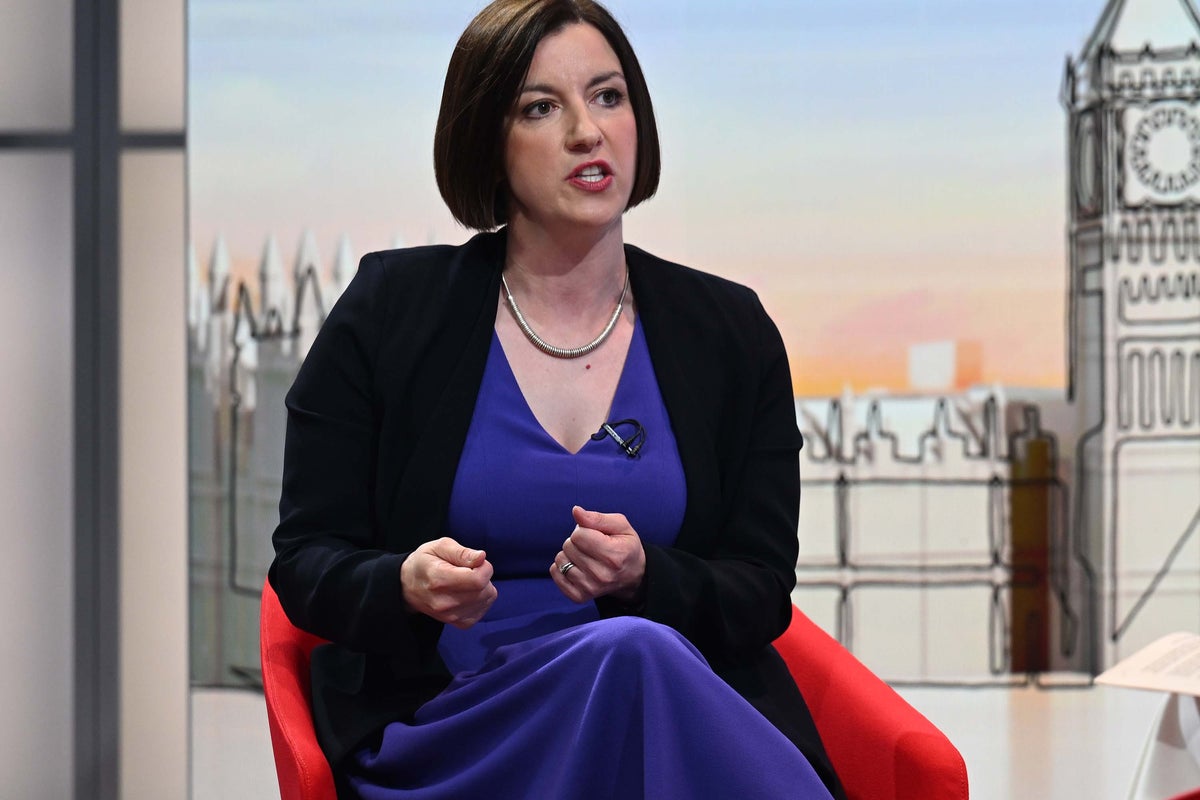Voices: Why Changes to My Child's Support Terrify Me as a Special Needs Parent

After seeing its controversial social assistance bill barely moves forwardthrough the House of Commons, Keir Starmer's administration appears set to discontinue the individualized education and support plans for children withspecial education needs and challenges (SEND).
Labour has promised an revamp of support for individuals with special needs, informing us that it took over a system "left in ruins" by the prior administration.
But education secretary Bridget Phillipson has repeatedly rejected the possibility of eliminating educational, health, and care plans(EHCPs) – the paperwork that outlines the assistance a child is entitled to get from schools, municipal authorities, and other organizations. They are legally enforceable and remain in effect until the individual turns 25.
Rather, she has stated the government would "ensure that every child receives the support that is necessary."
Engaging with the parents of children who have special educational needs and/or disabilities can be a risky endeavor.
My spouse and I are part of the group of parents. And, yes, we can confirm that it's truly a complete disaster. Calling the system "broken" doesn't even begin to capture how bad it is. Change is long overdue.
Local officials dislike EHCPs because they can serve as a tool to criticize them when they don't fulfill their responsibilities. Personal experience has shown my family that this situation happens far too often. Municipalities will use any method possible to refuse parents the essential assistance they require.
It took us three years of battling with red tape to secure an EHCP for our child, all while witnessing their condition worsen. Redbridge Council – yes, I will mention it directly – appeared to employ every possible tactic to postpone, refuse, and then delay once more. We were nearly overwhelmed with despair as we attended case meetings, hearings, and mediation sessions that seemed to serve no other function than to waste our time.
At one of the meetings, we were even faced with a lawyer. She claimed she wasn't working in that capacity, but... well, I'll remain skeptical. It's not simple to challenge organizations with nine-digit budgets. Councils often say they lack money, yet they always manage to secure funds for legal professionals to assist them in avoiding their duties towards SEND children and their families.
Special Needs Jungle, a crucial guide for parents struggling with the SEND system, revealed that families had submitted 21,106 appeals to the SEND First-Tier Tribunal during the 2023-24 school year – a rise of 54.53% compared to the prior year. It also estimates that local authorities spent £153 million on defending these cases, even though the success rate was just slightly over 1%.
This is why EHCPs hold such significance. It becomes considerably more challenging for councils to engage in their manipulative tactics when you have one (although, as we have discovered, it doesn't ensure protection).
The matter has become a priority on the political agenda because when inquiries about their future have been directed at ministers, their replies have been marked by the kind of convoluted wording and evasion that would makeYes MinisterSir Humphrey Appleby is filled with pride. Phillipson and her team appear to have drawn inspiration from him in their resolute effort to become the patron saints of evasive responses.
I admit I am worried that the education minister has been influenced by the strong local authority group, which attributes "the system" as the cause of issues with SEND.
Apologies, but that's not the case. If you're the Goliath yet still lose over 95% of tribunals against parental Davids, that's an issue on your end, not with the system.
Parent organizations worry that the Department for Education has spent too much time considering the views of local councils and not enough time engaging with them. They are also reasonably doubtful when Phillipson states this is not about funding; she simply aims to develop a more effective system centered on mainstream schools.
She may not have spent much time with her parents. However, Labour MPs certainly have.
Following years of confronting stubborn local officials, these parents have developed into seasoned advocates, proficient in composing letters, sending emails, and calmly presenting their arguments. These messages have been flooding the inboxes of Labour MPs. Our own—health secretary Wes Streeting—will soon receive one from us.
Members carefully monitor their mailbags, especially when they represent constituencies that are closely contested. Each one contains frustrated SEND parents. These individuals express their frustration by participating in elections. Therefore, an MP's position could be influenced by this group.
So, upcoming: another tough battle the administration could end up losing.
I know that finances are challenging. I work in the field of economics. However, placing your financial missteps onto another disadvantaged group that has already endured enough throughout the past decade is not the right approach.
It goes without saying, I'll be among the supporters rallying behind the rebels when they reveal themselves. And reveal themselves they will.
The Independent has consistently maintained a worldwide viewpoint. Established upon a strong base of high-quality international news coverage and insight, The Independent now has an audience that was unimaginable when it first entered the British media landscape as a new contender. For the first time since the conclusion of World War II, and throughout the globe, diversity, logic, a forward-thinking and compassionate approach, and global cooperation—principles upheld by The Independent—are being challenged. Nevertheless, we, The Independent, keep expanding.

Post a Comment for "Voices: Why Changes to My Child's Support Terrify Me as a Special Needs Parent"